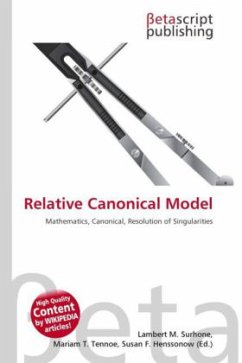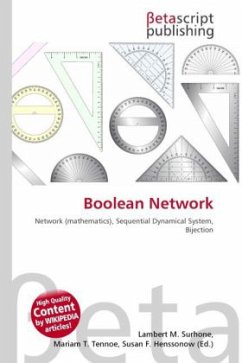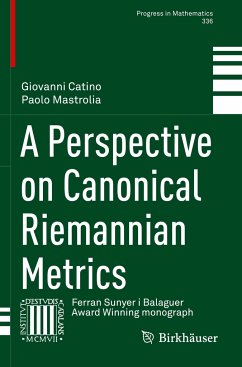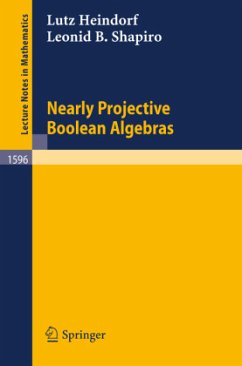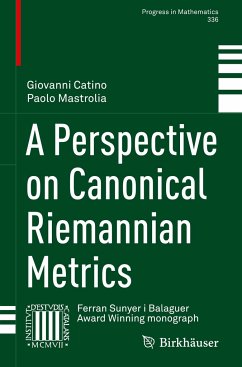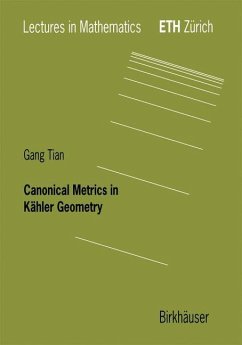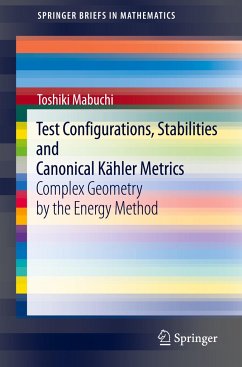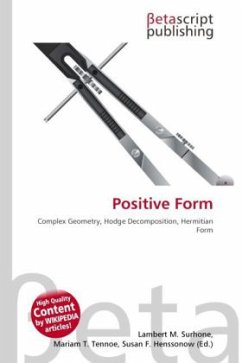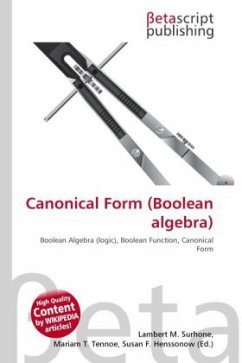
Canonical Form (Boolean algebra)
Versandkostenfrei!
Versandfertig in 6-10 Tagen
23,99 €
inkl. MwSt.

PAYBACK Punkte
12 °P sammeln!
High Quality Content by WIKIPEDIA articles! In Boolean algebra, any Boolean function can be expressed in a canonical form using the dual concepts of minterms and maxterms. Minterms are called products because they are the logical AND of a set of variables, and maxterms are called sums because they are the logical OR of a set of variables (further definition appears in the sections headed Minterms and Maxterms below). These concepts are called duals because of their complementary-symmetry relationship as expressed by De Morgan's laws, which state that AND(x,y,z,...) = NOR(x',y',z',...) and OR(x...
High Quality Content by WIKIPEDIA articles! In Boolean algebra, any Boolean function can be expressed in a canonical form using the dual concepts of minterms and maxterms. Minterms are called products because they are the logical AND of a set of variables, and maxterms are called sums because they are the logical OR of a set of variables (further definition appears in the sections headed Minterms and Maxterms below). These concepts are called duals because of their complementary-symmetry relationship as expressed by De Morgan's laws, which state that AND(x,y,z,...) = NOR(x',y',z',...) and OR(x,y,z,...) = NAND(x',y',z',...) (the apostrophe ' is an abbreviation for logical NOT, thus " x' " represents " NOT x ", the Boolean usage " x'y + xy' " represents the logical equation " (NOT(x) AND y) OR (x AND NOT(y)) "). The dual canonical forms of any Boolean function are a "sum of minterms" and a "product of maxterms." The term "Sum of Products" or "SoP" is widely used for the canonical form that is a disjunction (OR) of minterms. Its De Morgan dual is a "Product of Sums" or "PoS" for the canonical form that is a conjunction (AND) of maxterms.




